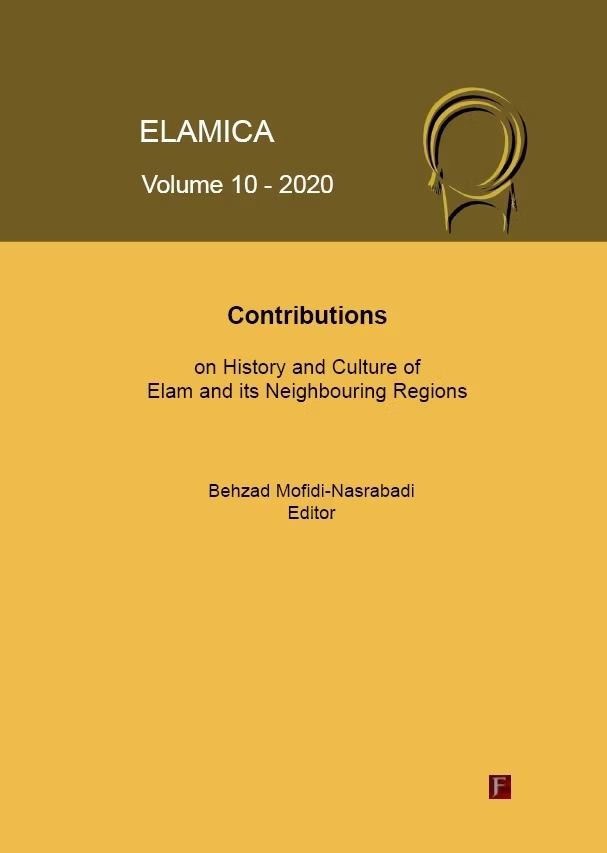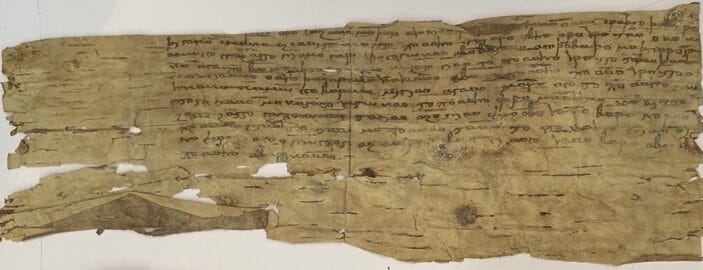Aliyari Babolghani, Salman. 2024. The Great King’s Word under AhuraMazdā’s Protection: Trilingual Achaemenid Royal Inscriptions of Susa I (DARIOSH STUDIES III/1) (Ancient Iranian Series 17). Leiden: Brill.
This volume presents part of the author’s research on the Achaemenid Royal Inscriptions recovered in the ruins of the Achaemenid palaces in Susa, conducted within the framework of the DARIOSH-Louvre Project. It offers a new study of several fragmentary inscriptions in Old Persian, Achaemenid Elamite, and Achaemenid Babylonian, currently designated as DSe, DSt, DSb, DSl, DSa, DSk, DSi, DSp, D²Sb, DSj, A²Se, DSs, ‘Inc. Sb’, and others. The book provides a new edition of each inscription based on both published and unpublished fragments. Additionally, it introduces some new lexicons and cuneiform signs in the Old Persian language and script.
Table of Contents (PDF)
Part 1: Some Fragments of a Foundation Stone Table Inscription
1 AhuraMazdā Protected the Great King’s “Written Word”
Fresh Old Persian Lexicon in Newly Discovered Fragments of DSe
Part 2: Terracotta Brick Inscriptions
2 “AhuraMazdā Belongs to Me”
Inscriptions DSa, DSb, DSk, DSl, and DSae
Part 3: Some Threshold Inscriptions
3 “I Did All Superior”
4 A Marvelous Palace Built by a Righteous King
DSj Inscription
Appendix 1: Persian Translations of the Inscriptions
Appendix 2: Revised List of Old Persian Logograms












